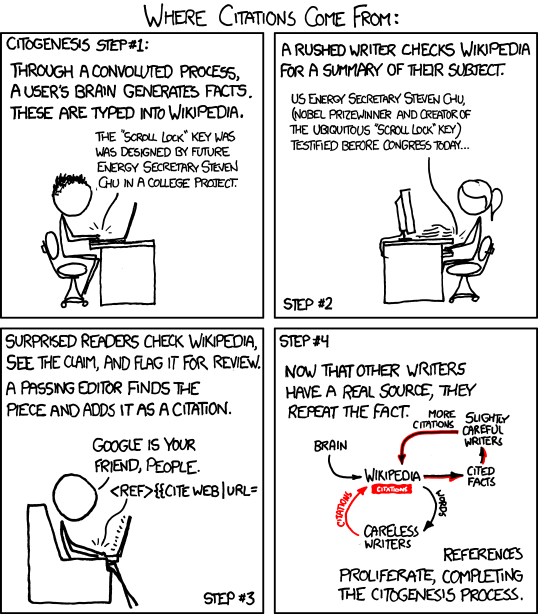

Link to the actual video showing a bit of what was happening before the shooting:


Link to the actual video showing a bit of what was happening before the shooting:


It looks like that video is from a different incident.
According to the Chicago Tribune, Martinez was driving a silver Nissan Rogue (not a truck and not a Chevy).
https://www.chicagotribune.com/2025/10/05/woman-shot-ice-charged-brighton-park/
In the video you linked, it looks like a Chevy is ramming the ICE truck.
Note: If you watch the video to the end you can see that the police lights are coming from the truck itself.


If you’re in California, flying the California flag is probably the best option here.


“Original”… except at least the video in this article doesn’t have vertical video syndrome where the sides are cropped out. The quality is definitely lacking though.


I’m not sure that there’s any aspect about this news that’s truly “uplifting”.


The title is missing a key point here:
US Supreme Court let’s Trump’s transgender military ban take effect | while appeals continue.
This isn’t a final decision if you took it that way.


The easy solution is to just disable overdraft protection, and that’s exactly what will happen.


Except that Hunter Biden wasn’t convicted/pardoned for anything related to this.
Jurors found Hunter Biden guilty of lying to a federally licensed gun dealer, making a false claim on the application by saying he was not a drug user and illegally having the gun for 11 days.


Thanks! It doesn’t work through a regular web browser or with Voyager.
Looks like it does work with Eternity as well though.


Was that supposed to be a spoiler tag? What client does that work with?


We have a little more information now and it is interesting:
The article starts with:
The Hawaii man suspected in former President Donald Trump’s assassination attempt on Sunday is a long-time Democrat, donating exclusively to the party’s candidates 19 times since 2019, records show.
Then later on it mentions:
Routh, 58, claimed in other social media posts that he supported Donald Trump in his first presidential campaign in 2016 — but later became disillusioned after his chosen candidate won office.


The article you linked was updated, looks like he did have a gun and was spotted while aiming through the fence:
Investigators found the suspect had left behind his “AK-style” rifle, as well as two backpacks, one of which contained ceramic tile, at the scene, Bradshaw said.


Yep, I definitely misunderstood that. Thanks for pointing that out.


It’s not a perfect system by far and I’m not arguing that.
But we’ve already seen how removing all privatization from an economy leads to worse outcomes because we have less options, less innovation, and more monopolies.
In my opinion we need to find a balance between the two systems that works best for everyone. Arguing for either extreme doesn’t make sense (in my opinion). I would rather see if we can come up with some other solutions that are better than the current system.


“Always” is a pretty strong word here. In some cases this is true, but in others it’s not.
For example, if you live in an area where all of the public schools are terrible, you’re going to want to look for other options. If the private schools in your area are way better (and hopefully affordable) then you would want to send your kids there. Public schools can also compare/see what private schools are doing that’s working, and update their policy/curriculum to improve themselves.
Privatizing public libraries is a terrible idea and is currently happening at an alarming rate in the U.S.
Removing all privatization from the entire economy is where we end up with command economies or communism which means that we end up with a lot of monopolies. There isn’t much of an incentive for innovation in those economies. Then you’re either living under some crazy dictatorship, or the country is falling apart and they are forced to change how their economy works.


Latinos who vote wouldn’t be getting deported…


List of polls for battleground states: https://www.realclearpolling.com/polls/president/general/2024/trump-vs-harris


Circular reporting is just one thing that can make this more difficult. Checkout the cycle in this xkcd:



I suppose if you’re not trying to let people know that their views are not acceptable then you’re part of the problem.
Yes, but how are you approaching this discussion?
I think there are different ways to handle this. On one hand you can be hostile and “give them what they deserve”. On the other hand you can engage in friendly arguments.
This is a story about how someone from the Westboro Baptist Church left because of the way that people engaged with her. https://www.youtube.com/watch?v=bVV2Zk88beY
What’s worth noting from this story, people that were hostile in their interactions with her only served to entrench her further in her ideals.
What caused her to change her mind were the people that had “friendly arguments” and made an effort to learn where she was coming from.
She listed out 4 key points when engaging in difficult conversations. I extracted/paraphrased some of what she said below:
Don’t assume bad intent (assume good or neutral intent instead) - Assuming ill motive almost instantly cuts you off from truly understanding why someone does and believes as they do. We forget that they’re a human being with a lifetime of experience that shaped their mind and we get stuck on that first wave of anger and the conversation has a very hard time ever moving beyond it.
Ask Questions - Asking questions helps us map the disconnect. We can’t present effective arguments if we don’t understand where the other side is coming from.
Stay calm - She though that “[her] rightness justified [her] rudeness”. When things get too hostile during a conversation, tell a joke, recommend a book, change the subject, or excuse yourself from the conversation. The discussion isn’t over, but pause it for a time to let tensions dissapate.
Make the argument - One side effect of having strong beliefs is that we sometimes assume that the value of our position is, or should be, obvious and self-evident. That we shouldn’t have to defend our positions because they’re so clearly right and good. If it were that simple, we would all see things the same way.
You can’t expect others to spontaneously change their minds. If we want change, we have to make the case for it.
No problem! Thanks for the edit.
The only video I could find of events leading up to the shooting was this one (if you want to add on to the comment): https://www.youtube.com/watch?v=b4qBLgk9hWw